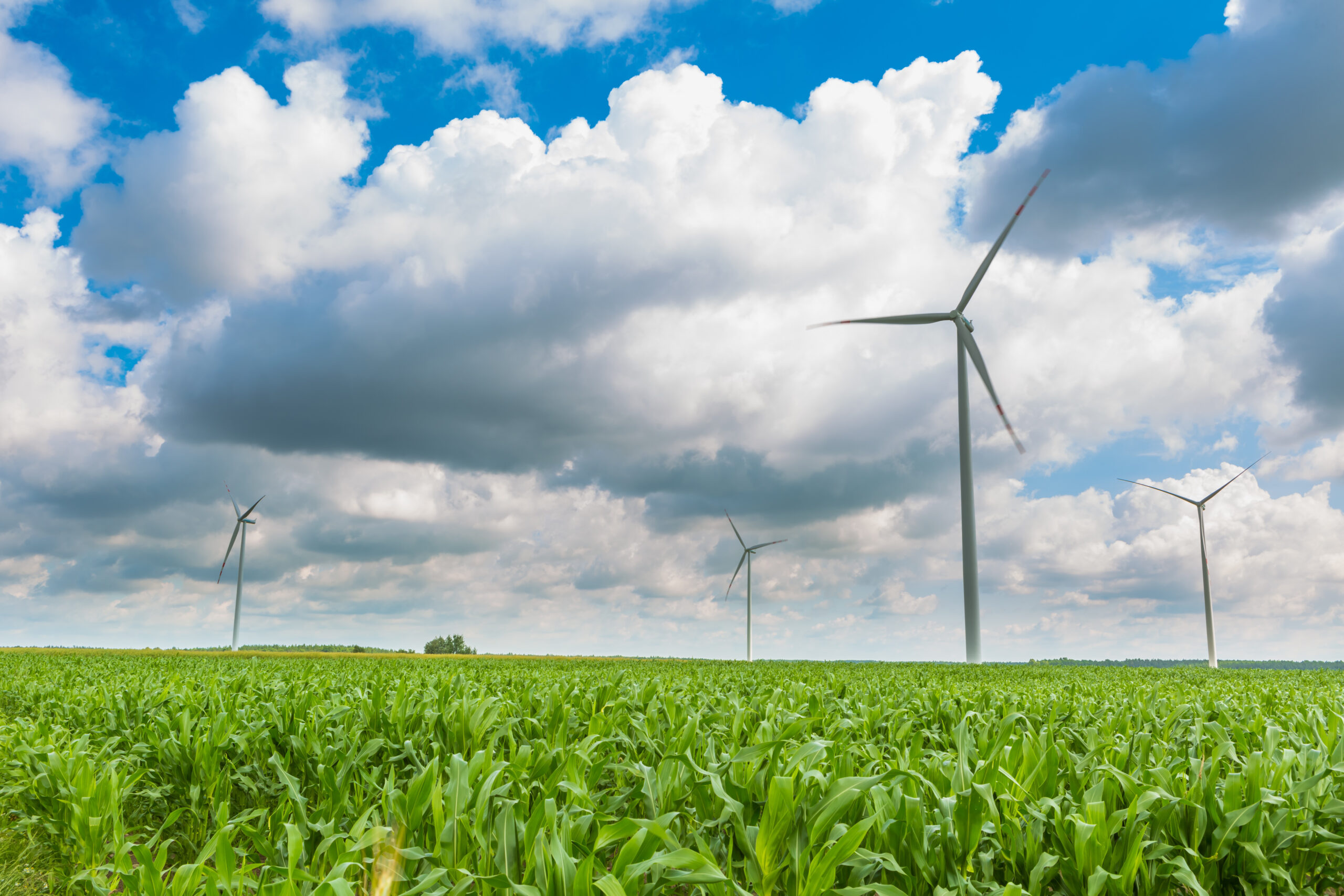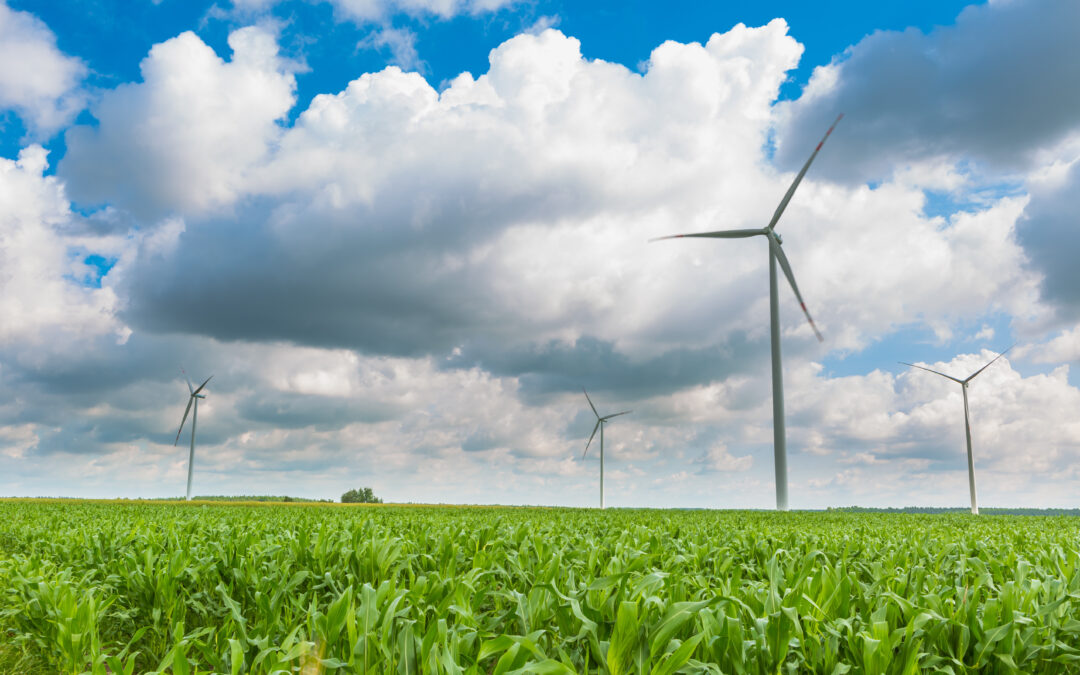Introduction to Organic Gardening:
Organic gardening is a method of growing plants and vegetables without the use of synthetic fertilizers, pesticides or genetically modified organisms (GMOs). Instead, it relies on natural methods such as composting, crop rotation, companion planting, and biological pest control. With more people becoming aware of the dangers associated with chemical-based agriculture, many are turning towards organic gardening as an alternative that promotes sustainability and environmental responsibility.

The Pros of Choosing Organic Gardening:
1. Better Taste – Organic produce often has a better taste because it’s fresher and hasn’t been treated with preservatives or other chemicals.
2. More Nutritious – Organic fruits and veggies contain higher levels of vitamins, minerals, and antioxidants than conventionally grown crops.
3. Safer for You and Your Family – Without the use of harsh chemicals, you can be sure that your food isn’t contaminated with dangerous pesticide residues.
4. Good for the Environment – Organic farming practices promote soil health, reduce water pollution, and help preserve wildlife habitats.
5. Improved Soil Quality – By using natural techniques like composting and cover cropping, organic gardeners improve their soil quality over time, which leads to healthier plants and better yields.
The Cons of Choosing Organic Gardening:
1. Higher Cost – Organic seeds, soil amendments, and tools tend to cost more than conventional products.
2. Requires More Work – Organic gardening requires more hands-on labor, including weeding, handpicking pests, and rotating crops.
3. Lower Yields – Because organic gardens don’t rely on high-yielding hybrids and synthetic inputs, they may not produce as much fruit or vegetables compared to conventional gardens.
Tips for Starting an Organic Garden:
1. Start small – Begin with a manageable size plot so you can learn the ropes before expanding.
2. Use good soil – Invest in high-quality soil that contains plenty of nutrients and beneficial microorganisms.
3. Choose easy-to-grow crops – Start with varieties that are well-suited to your climate and require minimal care.
4. Practice good sanitation – Keep your garden clean by removing diseased plants and debris regularly.
5. Rotate crops – Alternate what you grow each year to prevent pests and disease from building up in the soil.
Common Mistakes to Avoid when Gardening Organically:
1. Overwatering – Too much moisture can lead to root rot and attract pests.
2. Underfeeding – Plants need nutrients to thrive; make sure to feed them regularly.
3. Ignoring pests – Don’t ignore pests; instead, try to identify them and find natural ways to control them.
4. Not enough sunlight – Make sure your plants get at least six hours of direct sunlight per day.
Conclusion: Is Organic Gardening Right for You?
If you value fresh, healthy food and want to protect the environment, then organic gardening might be right for you. While there are some challenges involved, the benefits outweigh the drawbacks. Whether you have a large yard or just a few containers on your balcony, there’s no better way to connect with nature and enjoy the satisfaction of growing your own food.





